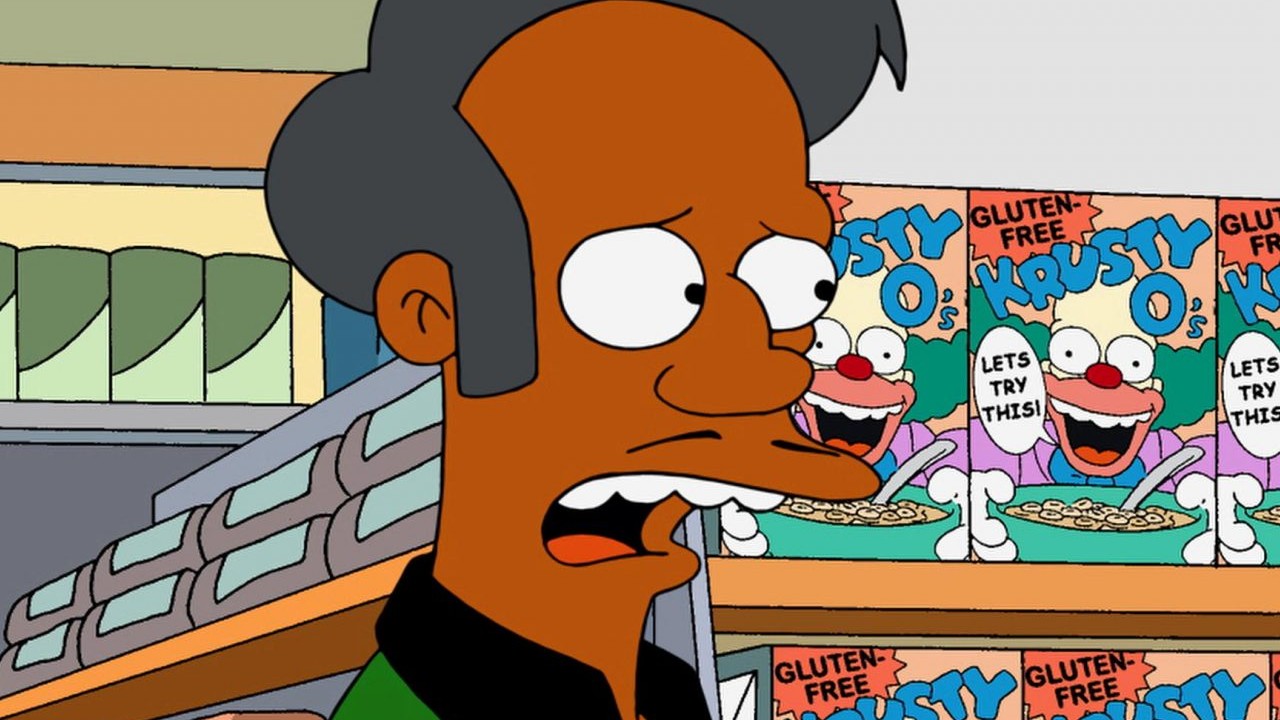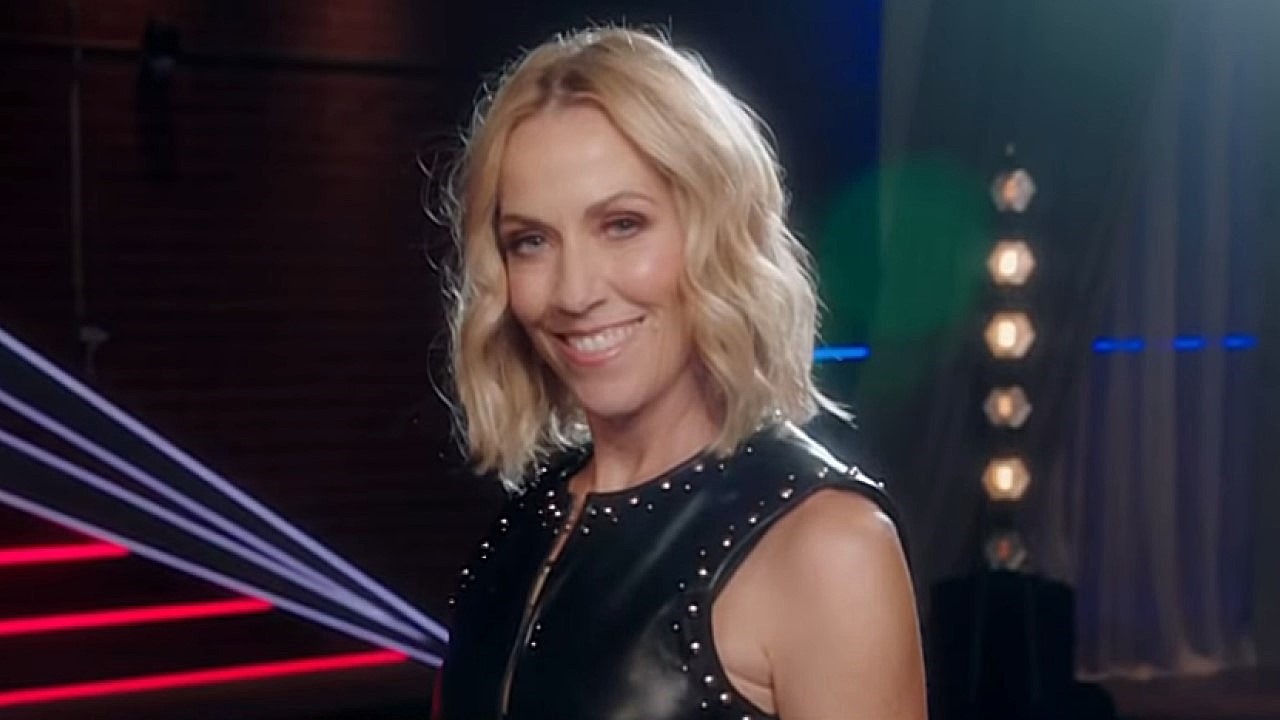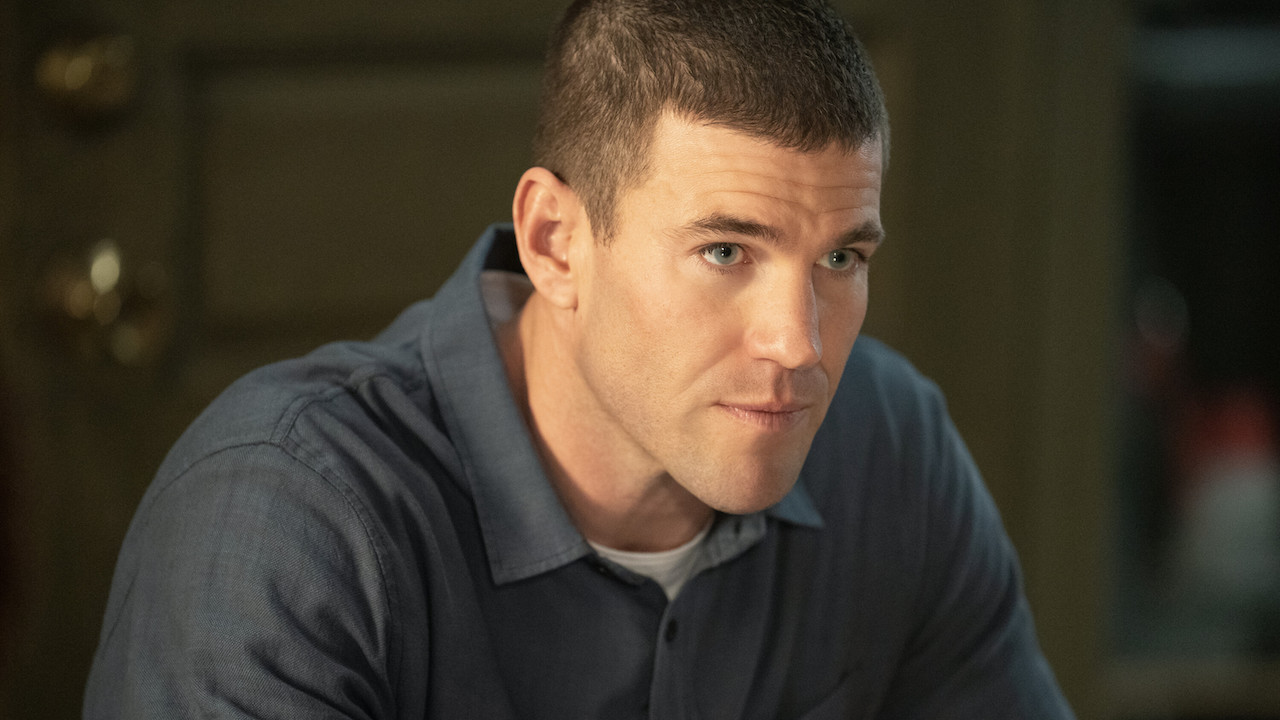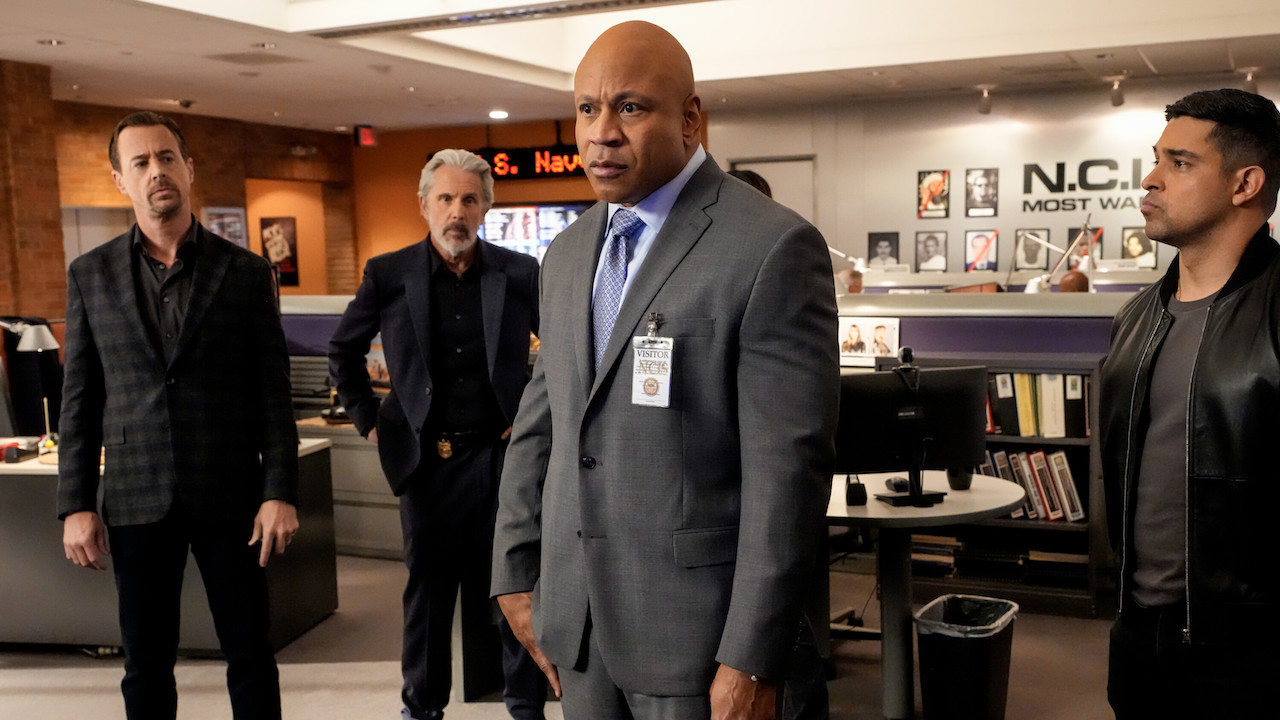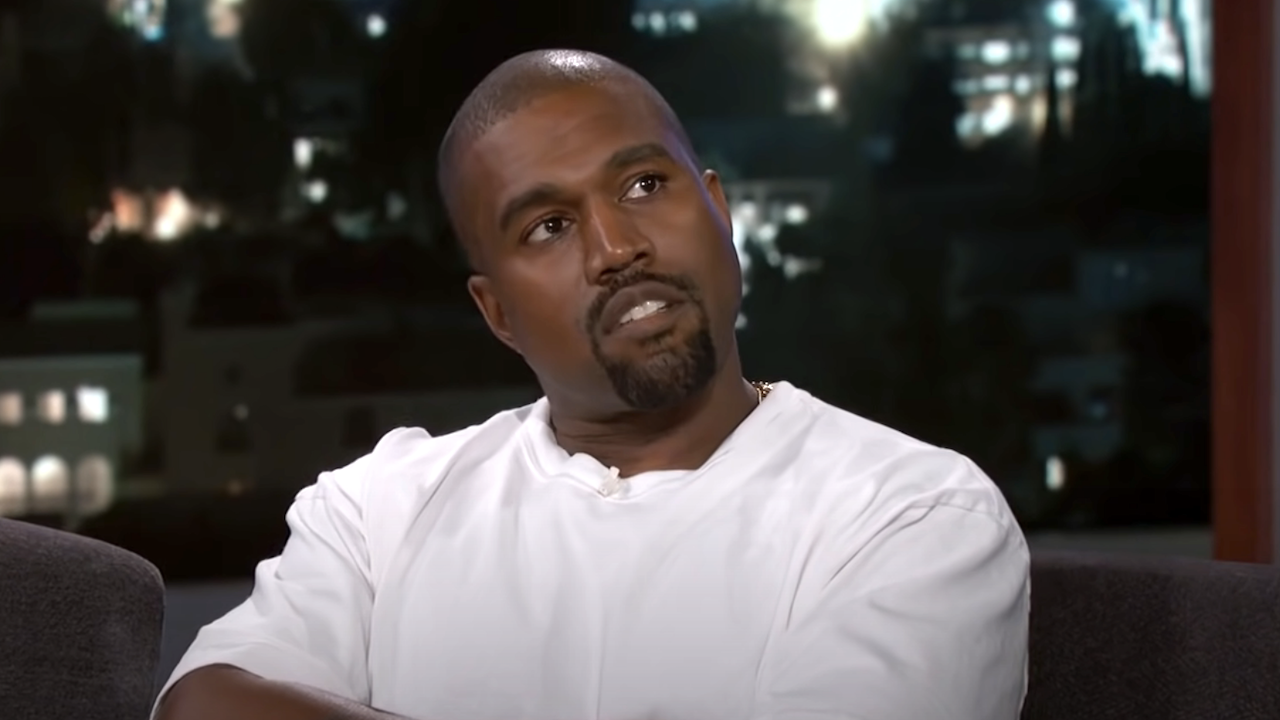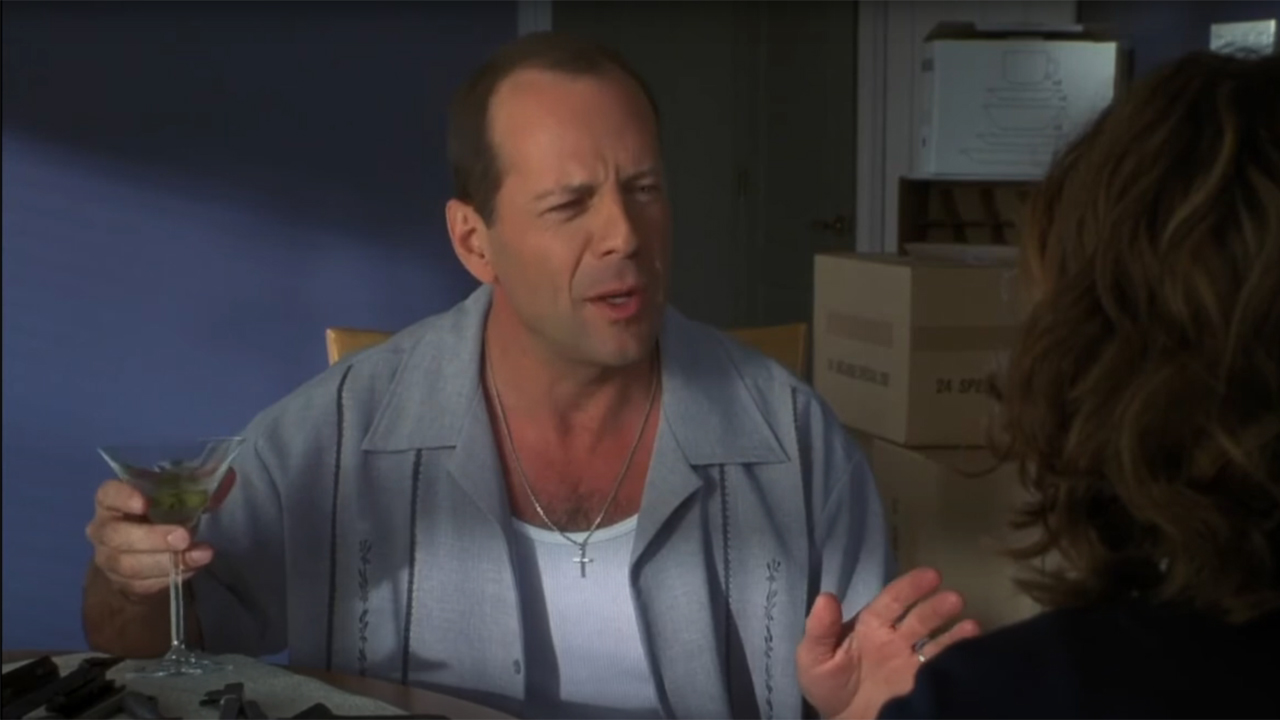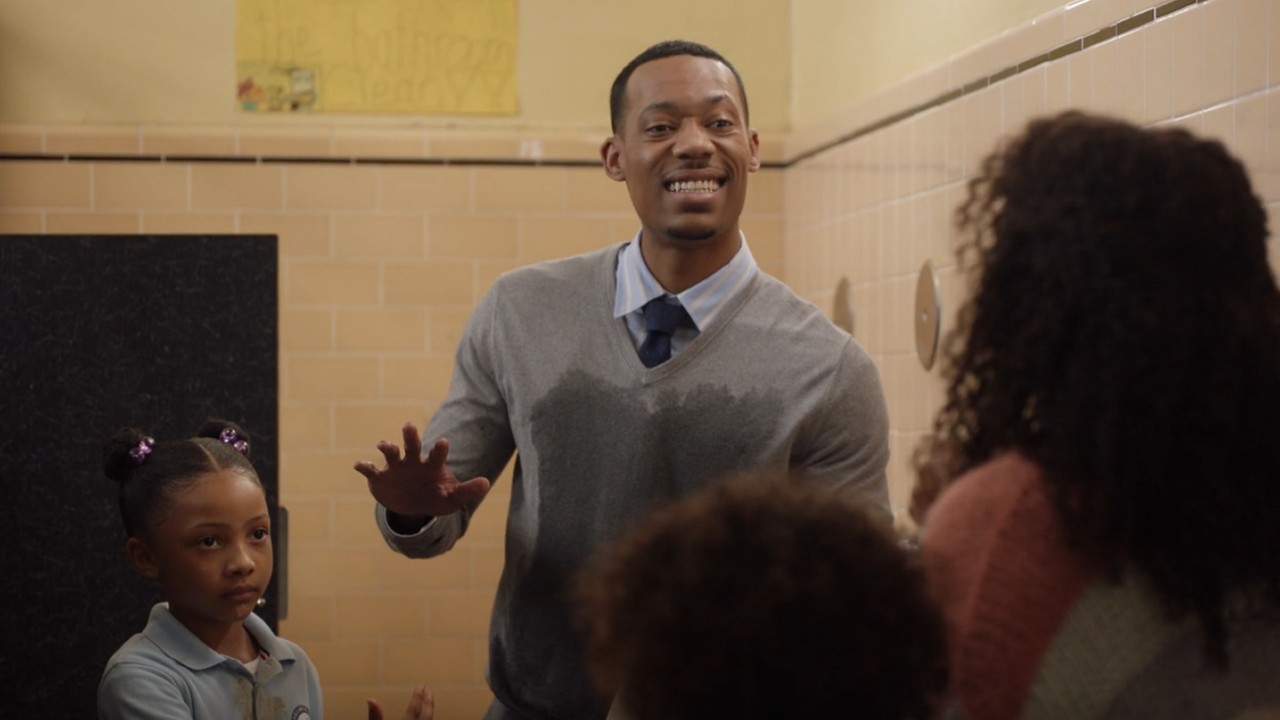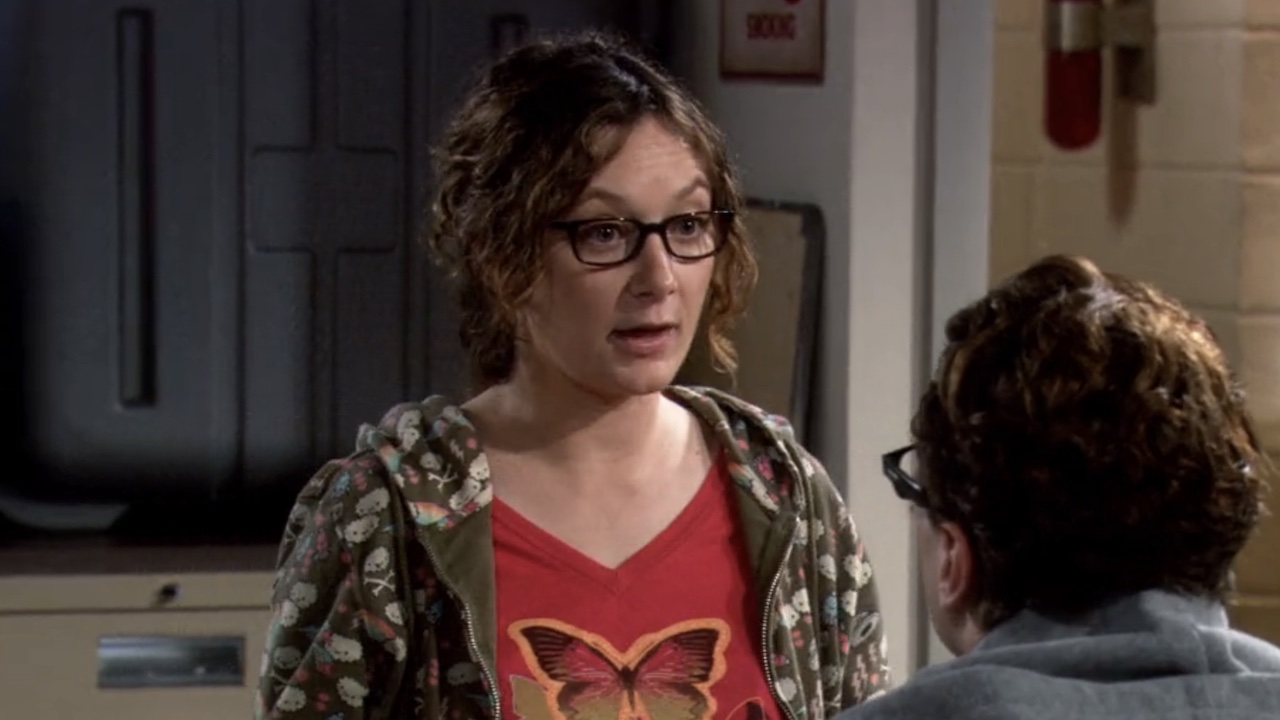Interview: Funny Games Director Michael Haneke
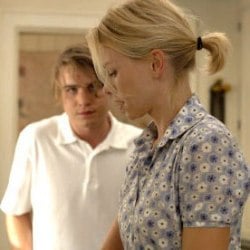
Michael Haneke makes a point of not explaining the meaning behind his films, so it’s interesting to be seated at a table with him and invited to ask him questions, but knowing you probably won’t get any answers. And there are a lot of questions facing Haneke right now, given that he has chosen to remake his 1997 film Funny Games shot-by-shot; the only difference is the actors, all English-speaking, and the location, which is pretty much exactly the same as the first one. The concept, of course, is identical: A rich family in their vacation home is taken hostage by two young men, who embark on a series of “games” with the family that all end in torture, humiliation, and death. But this isn’t the “torture porn” you’re used to, oh no. The moment one of the killers looks into the camera and winks, you know you’re in new, highly experimental territory.
Haneke spoke through a translator to a group of journalists earlier this week, and was pretty affable for a guy who has made a downright horrifying movie. He’s not quite as polite as the young killers in his film are, but given what they’re capable of doing to anyone who crosses their path, you wouldn’t exactly what him to be.
Did you have a more sadistic experience this time around shooting the film?
If anything, masochistic.
Why?
In order to decide to do a shot-by-shot remake, you have to be masochistic to some point, because it is a much greater challenge. If you do an original film, and you don’t like a scene, you just cut it out. But if you do a shot-by-shot remake you don’t have that option; you have to be sure it succeeds.
Why did you decide to do the remake?
CINEMABLEND NEWSLETTER
Your Daily Blend of Entertainment News
I didn’t have to add anything, and just to change it a little bit I thought was dishonorable. If at all, it became almost a gamble with myself, whether I was able to do the exact same film under very different circumstances.
When producer Chris Coen approached you to do the remake, you agreed to do it only if Naomi Watts would star. Why?
It was the same thing with my previous film The Piano Teacher, where I said I would only do it if Isabelle Huppert would take the lead role. As far as Naomi is concerned, I believe she had the necessary vulnerability to do this role ideally. I saw two films from her, Mulholland Drive and 21 Grams, and it was fantastic. The killers this time seem to be much more clearly gay than in the first one.
It was not intended.
Have you had that reaction from other people?
We heard it before, but I’m very surprised actually. First of all, the actors aren’t gay, but that would be beside the point. I don’t know why people think that—because they are handsome, or have white clothes on, I don’t know.
How did you choose the actors? Did you want them to be different from the original actors, or exactly the same?
No. I just wanted them to be good for the role. And there are not that many good ones like they are. At first I was looking for [two young actors] similar to the first film—the dark-haired one and the blonde one—but they are different; they are both blonde.
Did you ideas for the film or your impressions of the experience change this time around?
If I did it again the first time now, given that I’m older or whatever, I would do maybe one or the other cut differently. But since I made the decision to do a shot-by-shot remake, there wasn’t even an option. Although, you’re right, there are certain shots and certain angles that I would do differently. If you go with a principle you should adhere to the principle.
Did you see it differently philosophically?
If I really saw it differently when I did the remake, I would have done another film.
Did you work differently with the American actors than you did with the original actors?
Language-wise, my English is certainly much worse than my German, so it certainly impeded the work with them. Of course, in German I’m much more sensitized to all the nuances in every respect. From a language point of view, I can understand the emotions, but in German if the accent is not quite right, I can jump in and say something. In English, I wouldn’t detect that. So we had a dialect coach, but it’s not the same. It’s not as immediate.
Is this a thriller? Is it a horror movie?
I leave the labeling of films up to the critics.
There’s a formalism to your compositions that you might see in a Roman Polanski or Stanley Kubrick film. Were you inspired by them?
Of course, I’m a child of European film culture. There are a number of great directors whom I admire greatly, and from whom I learned a lot. There’s not really a movie or a director in particular who inspired me.
You’ve said you made this movie to mock American cinema’s love of violence. You purposefully break rules of dramaturgy and break the fourth wall. Do you consider this your most confrontational film, or consider yourself a confrontational filmmaker?
Yes, of course the film is a provocation. It’s meant as a provocation, and of course, all the rules that usually make the viewer go home happy and contented are broken in my film. There’s this unspoken rule that you can’t harm animals. What do I do? I kill the dog first thing. The same thing with the boy. You’re not supposed to break the illusion. What do I do? I break the illusion. It’s the principle of the whole film. It’s a very ironic film.
Was there a story or any experiences that you based this on?
It wasn’t influenced by any event or anything in particular. When I did Benny’s Video, which was done before the first Funny Games, I had depicted violence but I felt that not everything was said. I was thinking, how could I continue this dialogue. The ironic story is that when I did Funny Games and it was finished but it was not released anywhere yet, there was a story in a German news magazine Der Spiegel about two young men in Spain who had taken a man from the street and tortured him to death. And they wore white gloves. When they were asked in prison, do you feel any remorse? One of them wrote an essay and said no. They quoted Nietzsche all the time. They said this guy who murdered was a third-class individual anyway. So you can’t invent anything that is worse than what happens in reality.
Do you see this film as an experiment, and different from your other films?
I consider all my films experiments. Cache I think is just as much an experiment as Funny Games.
By using actors who look directly at the camera, are you trying to manipulate the audience?
Of course. That is absolutely the whole point. I wanted to show the audience how much they can be manipulated. First they think it’s all an illusion, just a film, then I do this rewinding and suddenly you go back. I look at the viewer directly, I talk to him, I wink at him. I do this again and again to show how much one can manipulate. In view of this overriding illusion in movies, it’s a good idea to create a little bit of mistrust in the verité, in the truth of moving pictures.
Are you prepared for the reaction to the movie here in America?
I hope that the slap in the face that I’m trying to give works here as well.
What’s your next film?
It’s a very simple film. It’s a historical film that plays before the first World War. It’s about growing up in Germany. The children, it’s 1913, and it’s this generation that will be afterwards the Nazi generation.
What are your intentions with the classical music juxtaposed with the heavy metal?
It’s not heavy metal. John Zorn does not make heavy metal. Just like the film is a parody of a classical thriller, John Zorn is a parody of classical heavy metal. The classical music is not a soundtrack in this movie. All my music is not meant as a soundtrack—is part of the action, part of the story. The other music, the John Zorn music, is under the titles, and it’s the ironic colon. OK, now we go to a thriller.
With such a creative cast, were you ever tempted to change anything?
Of course, you could be tempted. But I had the principle of doing it shot-by-shot. Don’t forget the actors within a certain framework have enough flexibility and leeway to express themselves.
Staff Writer at CinemaBlend
'I Want To Leave It That Way.' There's Been Speculation About Diego Luna Wanting To Leave Andor After Season 2, But How Does He Feel About The Show Ending?
The Story Behind How Seth Rogen Got Several Directors To Play Themselves On The Studio (Ron Howard’s Thoughts About His ‘A–hole’ Appearance Are A+)

